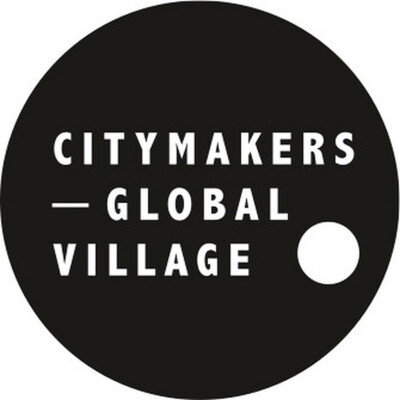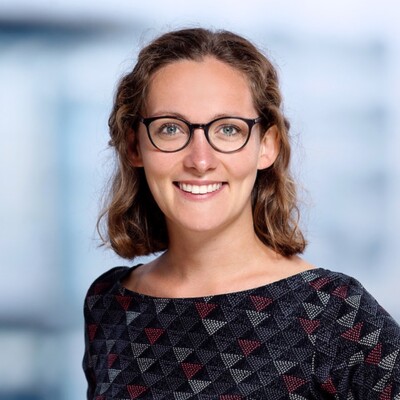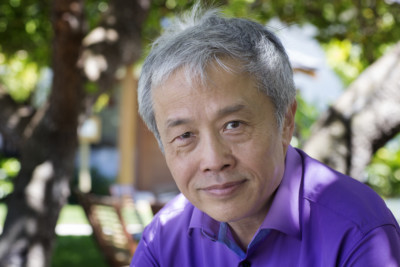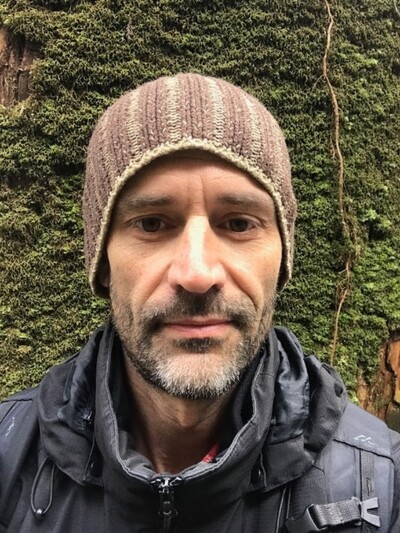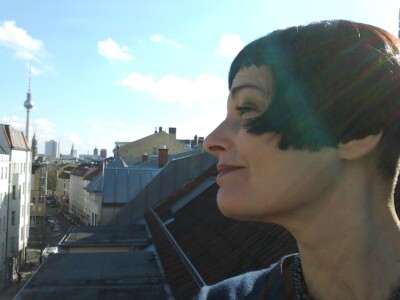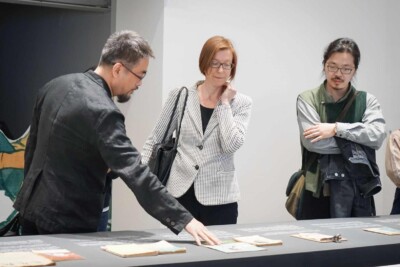We called our 5-Year Anniversary of CITYMAKERS China-Europe “Harvest Season”. If you could pick 3 “fruits” from your time accompanying the program and on the foundation side as a project manager, what are these?
That’ a tricky question, since CITYMAKERS has produced quite an abundant harvest. My personal harvest highlights include participating in the CITYMAKERS Lab in Drahnsdorf in May 2019, the presentation of the 25-year-anniversary Berlin-Beijing Map in February 2019 and the many working sessions with Katja and the rest of the CITYMAKERS team at C*Space in Weißensee in 2018 and 2019.
“Building networks that matter” – is a common slogan in the Bosch Foundation world and beyond in the philanthropic sector. In how far would you say we have built a network that matters?
The power of networks lies in the diversity of experiences and backgrounds of the people that constitute the networks, their ability to reach out and connect with one another as well as ability to communicate messages to people outside of the network. CITYMAKERS constitutes a network of people connected by a common interest in transforming cities into sustainable and friendly spaces for all, as well as engaging in debates and common practices in Europe as well as Asia. With CITYMAKERS, you have managed to position yourselves with topics very relevant to current as well as future debates: how do we want to live? And how do we want to engage between these two continents? CITYMAKERS provides an example of how to approach these questions with creativity and openness, hereby offering a very inclusive and fun approach to the way we see our environment and raising awareness for our common futures. And that is definitely something that matters!
It was during our time of cooperation that we consulted together to change the program name from CITYMAKERS China-Germany to CITYMAKERS China-Europe. So far, the general resonance was great, as we witnessed with the number applications to our lab this February from 9 different European countries. What potential do you see for the CITYMAKERS-network to emphasize more on Europe, and eventually on selected European countries?
I am extremely happy to see CITYMAKERS grow beyond a bilateral network into a network of likeminded city-makers across Europe and different parts of China. To me, and the shift to going beyond Germany came very naturally, as this this reflects the global cooperation that is necessary to address current challenges that affect us all. For the future, I see potential er in looking for allies in certain niches and common interests reflected in the network across the two continents. Also, I think it would be good to reflect whether expanding CITYMAKERS’ outreach in Europe calls for counter-balance in Asia, to include perspectives from countries other than China.
Your background is in South East Asian studies. What fascinates /interests you about this region? And how did you personally experience the quality of life in cities in South East Asia? Any characteristics in particular that make cities “over there” livable that we do not have in Europe? Or asked a bit differently: What is there to learn from this region as an impulse for European city makers?
It was life in Thailand and Vietnam that inspired me to engage with questions of sustainable cities and urban development. Since then, when I explore a city, I am particularly interested in the people and their everyday activities. One thing I love about Europe, are the sidewalks that make walking so easy. But our sidewalks are pretty monofunctional. In Vietnam in particular, sidewalks are an extension of private as well as public space with a multitude of functions that are constantly renegotiated. I would love to see our sidewalks in Europe more lived on and with, while keeping the functionality for walking. Maybe we don’t even have to look that far – I have seen similar uses in Southern European cities.
As a management professional in philanthropy, what do you observe in your sector’s landscape: What do you see emerging as new approaches of how foundations contribute to international understanding and cooperation?
At the Robert Bosch Stiftung, we recently underwent an intensive process of strategic review in the course of which we also evaluated shifts on the landscape of philanthropy. Cornerstone of our new strategies is taking a systemic approach to our funding, hereby addressing root causes of challenges our societies face. This requires working in partnerships with other foundations and donors, even more than we have done in the past. It also involves building trusting partnerships and listening to actors on the ground to learn what is required to address current challenges. The Robert Bosch Stiftung is well positioned to provide platforms for exchange and spaces to reflect and learn, and we are strongly committed to learning ourselves.
What does this mean for your current work and how does this relate to your experience with CITYMAKERS?
I now work on the topic Inequalities, where we aim to raise awareness on how multiple forms of exclusion and discrimination interact and influence each other, as well as strengthen actors tackling inequalities globally. Returning to CITYMAKERS, I believe cities can be a canvas on which spatial as well as social inequalities are rendered visible and solutions to current forms of exclusion explored and developed. Rather than looking at various phenomenon separately, a systemic approach requires addressing these dimensions holistically. I think CITYMAKERS’ contribution in this field is varied, but very relevant. Whether it is highlighting unconventional ways of using public space, raising awareness for mechanisms of in- and exclusion in urban space, or including marginalized voices in current debates around housing, CITYMAKERS has a lot to offer.
We started with a harvesting question, let’s finish with a question for sowing new seeds: What ideas could you offer as a “farewell gift” for the future of the CITYMAKERS-network and its relevance?
Firstly, I hope you continue to water and nurture the knowledge you have generated over the past years. You have a unique and impressive archive, which is a great source of knowledge for city-makers across Asia and Europe. I suggest you make this knowledge even more accessible and promote it – e.g. in form of a book and manual.
Secondly, gather more cases and cross-fertilize! Initiatives don’t have to be huge to create impact, and I think it is the variety of what grows out of your network that makes it so valuable. The more “Makers” you have, the more visible your ideas will become in urban space. How about creating little CITYMAKERS islands in two or three places to visualize what can be achieved with creativity and community spirit?
Finally, stay connected and invest in your relationships to stakeholders and decision-makers at all levels. I know this juggling to levels and groups can be difficult at times, but I think it is the most promising way of increasing levels of engagement in sustainable city-making. CITYMAKERS is a wonderful network across all walks of life – I wish you all the best in continuing to inspire each other and others with your vision of city-making across Europe and Asia!
